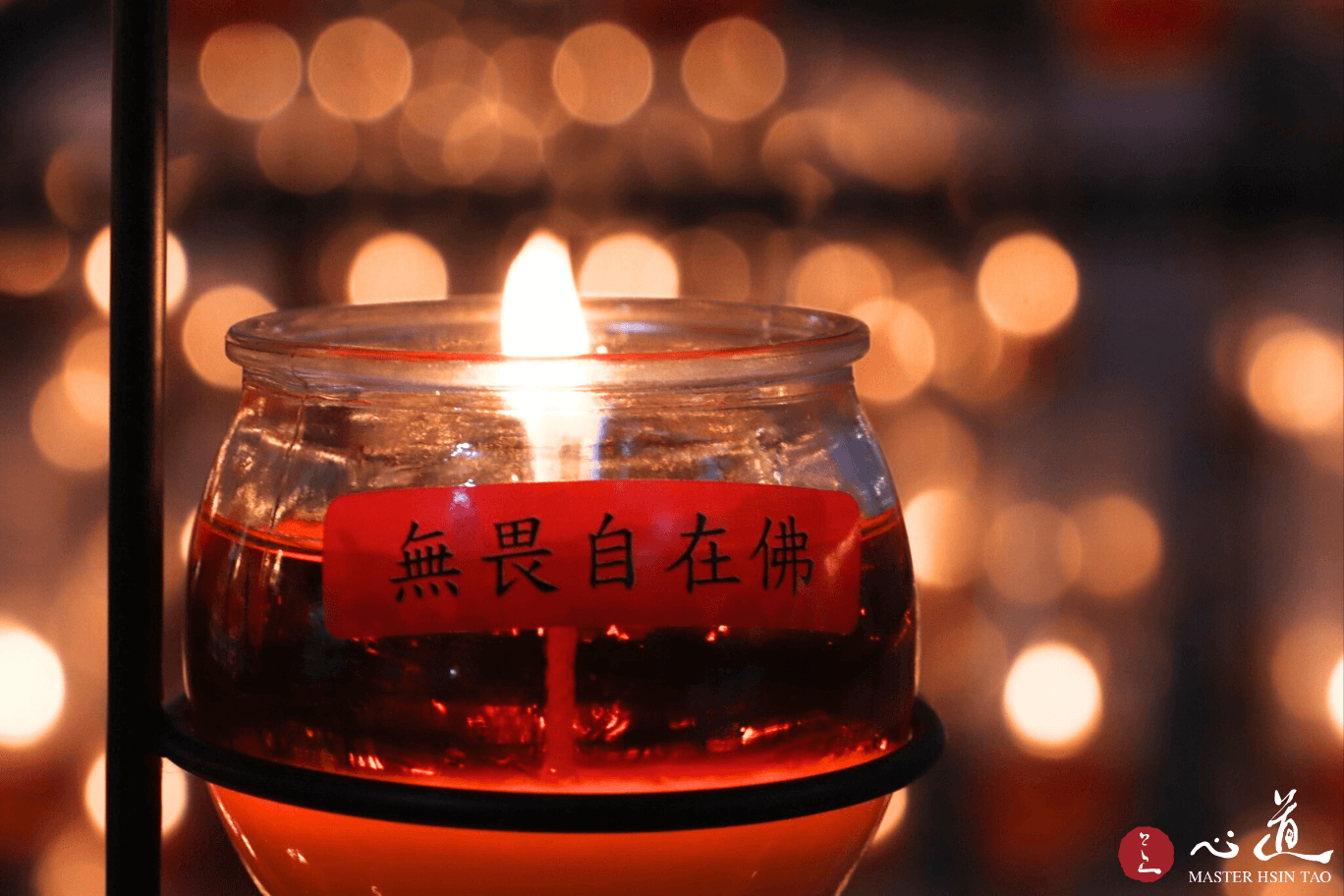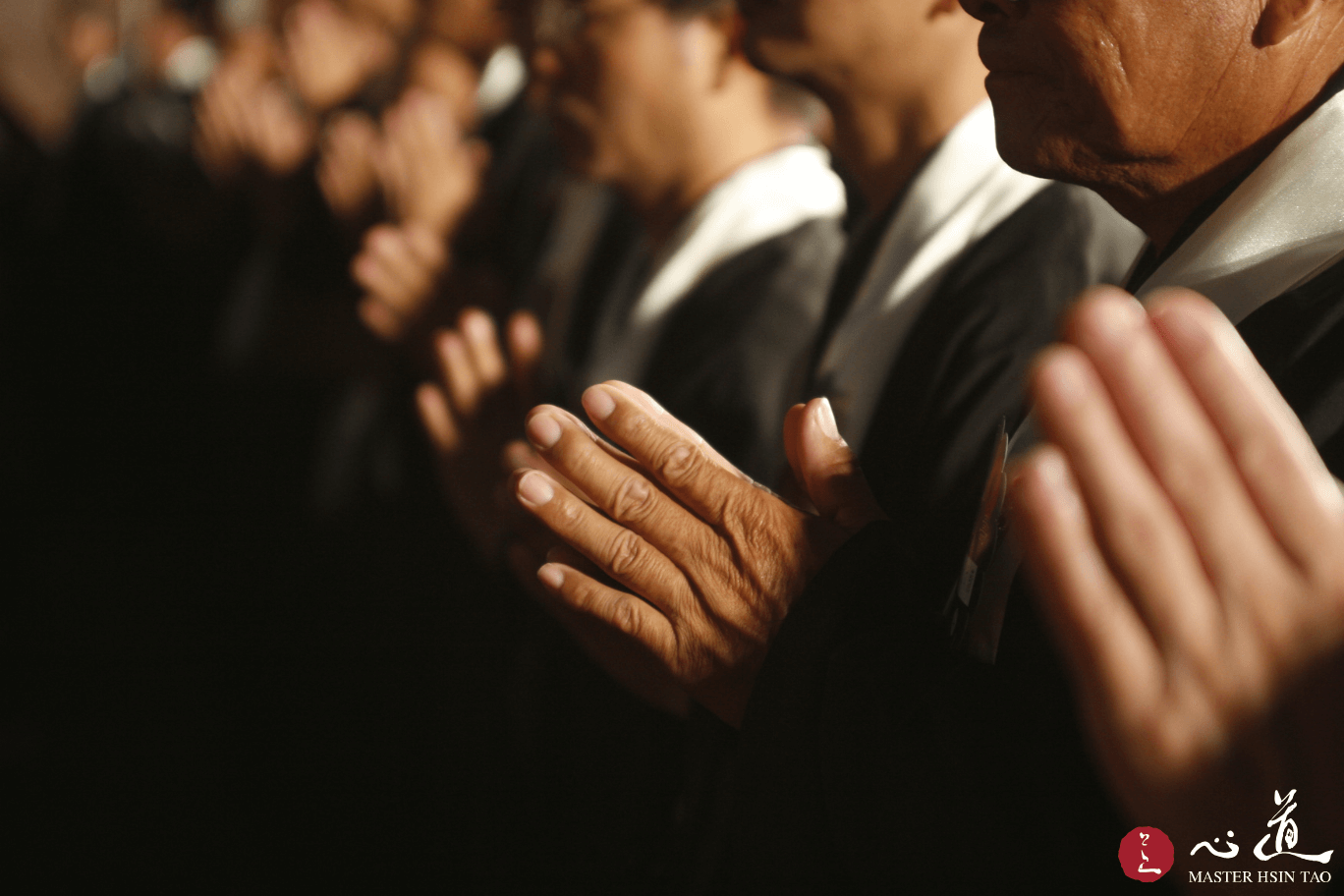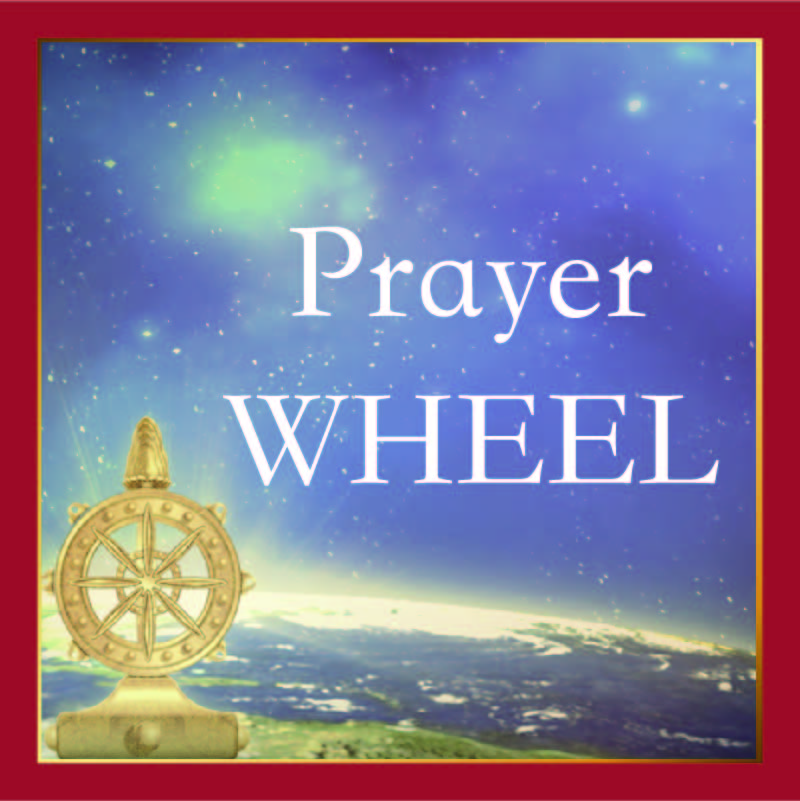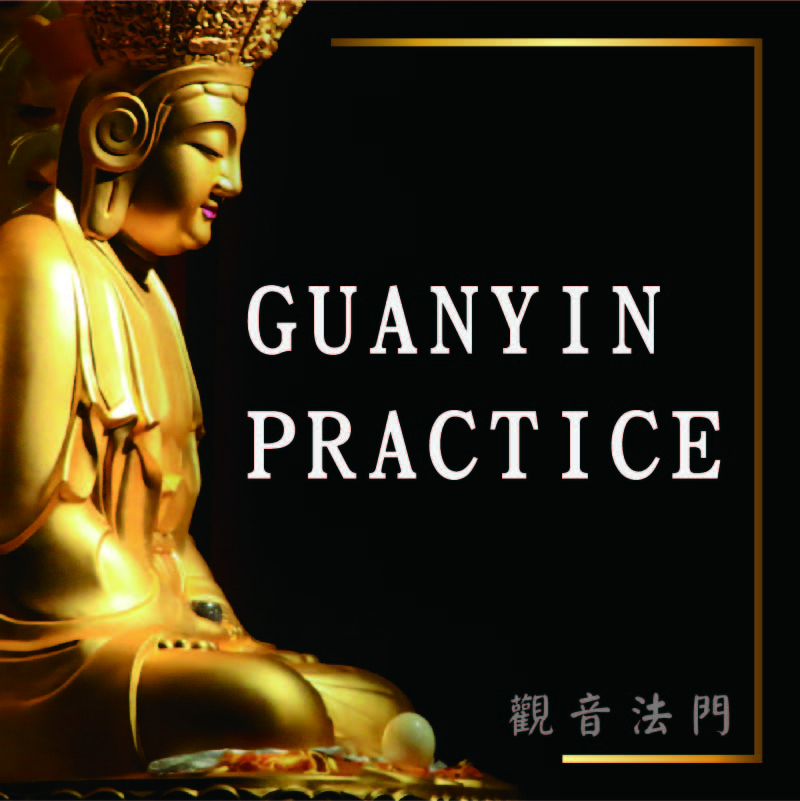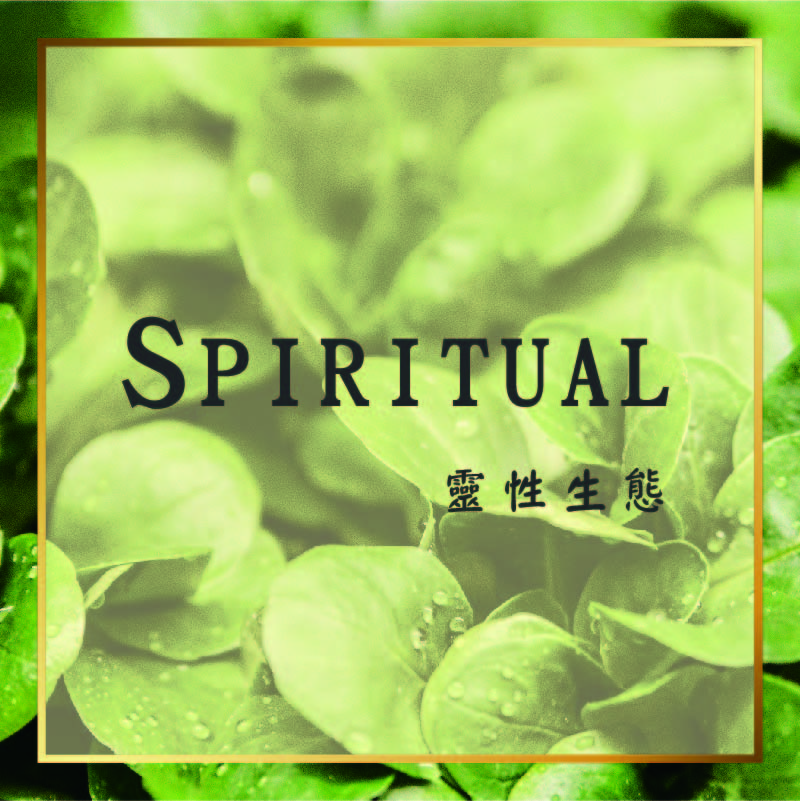
Realizing the Truth of Life
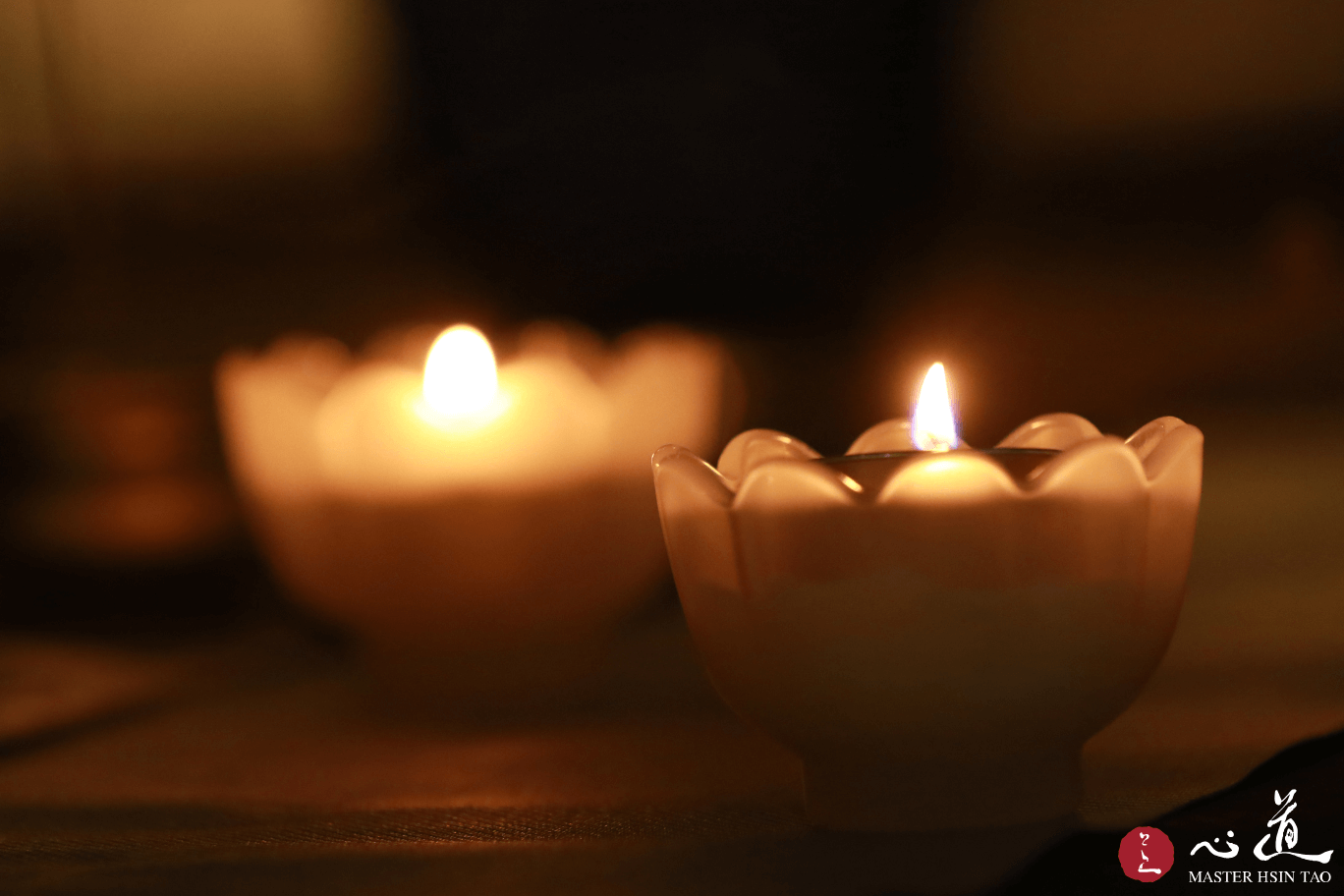 How do we possess life and thoughts? According to Buddhist teachings, these arise from the alaya, sometimes called the eighth consciousness or the storehouse of consciousness. This alaya retains and retrieves our karmic memories—even events from ten or twenty years ago can surface into consciousness. At times, upon encountering someone, we might feel a sense of familiarity, “Have I met this person before?” Such feeling may stem from experiences in previous lifetimes. These impressions are drawn forth from the storehouse of consciousness, giving rise to a sense of déjà vu. What is stored here constitutes the data accumulated throughout lifetimes of cyclic existence, and all our experiences are recorded within it.
How do we possess life and thoughts? According to Buddhist teachings, these arise from the alaya, sometimes called the eighth consciousness or the storehouse of consciousness. This alaya retains and retrieves our karmic memories—even events from ten or twenty years ago can surface into consciousness. At times, upon encountering someone, we might feel a sense of familiarity, “Have I met this person before?” Such feeling may stem from experiences in previous lifetimes. These impressions are drawn forth from the storehouse of consciousness, giving rise to a sense of déjà vu. What is stored here constitutes the data accumulated throughout lifetimes of cyclic existence, and all our experiences are recorded within it.
Life itself may be likened to a vast storehouse, or a kind of “spiritual network.” It is a collective field encompassing the spiritual imprints of all sentient beings. Every action performed by any individual is unavoidably imprinted here—nothing escapes. Within this interconnected network of life, beings continuously undergo rebirth and re-encounter one another in the roles of parents, siblings, relatives, and friends. The social problems we face today stem in part from this inner storehouse, which contains numerous disordered and unprocessed “files” of past lives. These fragmented and entangled karmic memories give rise to complex karmic relationships—entanglements of gratitude and resentment that are difficult to unravel—resulting in various kinds of “trouble” in our current lives.
 Why does this occur? Our spiritual state of mind is akin to soil: whatever seeds we sow in it will eventually bear fruit. Once a seed is cast into the ground and provided with air and water, it will sprout, whether it is virtuous or non-virtuous. When the fruit of these seeds matures, we must undergo their results—whether pleasurable, painful, or neutral.
Why does this occur? Our spiritual state of mind is akin to soil: whatever seeds we sow in it will eventually bear fruit. Once a seed is cast into the ground and provided with air and water, it will sprout, whether it is virtuous or non-virtuous. When the fruit of these seeds matures, we must undergo their results—whether pleasurable, painful, or neutral.
Each individual’s storehouse consciousness is interconnected with others’, forming a vcosast mic archive. Thus, all beings are fundamentally part of an entity of interdependence. Every act of body, speech, or mind—whether virtuous or non-virtuous—sows a seed in the field of consciousness. These karmic seeds will ripen into our future experiences of suffering or happiness. This is a natural and inescapable law. For this reason, we must develop conviction in the principle of karmic causality and apply it in our lives. Understanding that virtuous causes lead to beneficial cycles while non-virtuous deeds give rise to harm, adversity, and unpleasantness, we who now follow the Dharma must take the Buddha’s teachings as our guide and diligently put them into practice.


